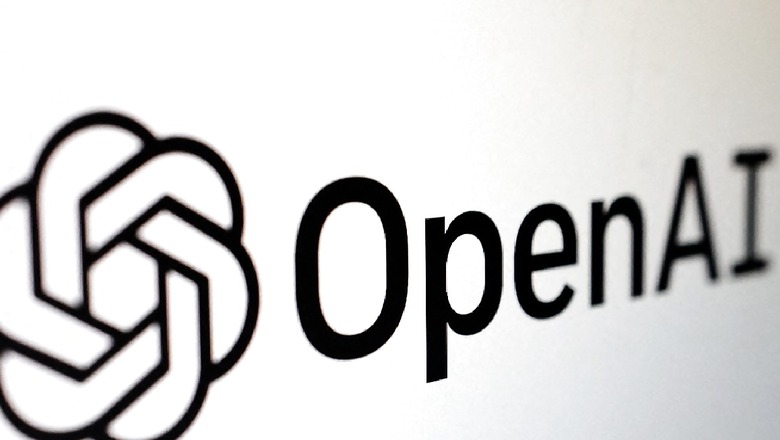
views
OpenAI may soon release a feature for its artificial intelligence (AI) tool ChatGPT that allows it to conduct web searches and provide citations for its findings. The purpose of launching the new function is to more successfully compete with Alphabet Inc.’s Google and Perplexity, says Bloomberg in its report.
With the help of this new feature, users will be able to ask questions of ChatGPT and receive replies that draw information from the internet and provide citations. The report further stated that these sources may be anything from blog postings to Wikipedia entries.
In addition to written answers to questions, the offering could also include visuals where appropriate. If someone asks ChatGPT, for instance, how to change a lightbulb or doorknob, the answers may contain images that clearly show the process. That being said, there have been previous reports of this development. A search product that OpenAI was working on has been talked about previously.
Meanwhile, conversations on social media have been dominated by rumours over OpenAI’s search intentions since some users on X suggested that the website search.chatgpt.com might be a sign that OpenAI may release a search capability soon.
Although visitors who access that URL would receive a small print “not found” indication on the page, some users reported that they were momentarily sent to chatgpt.com, the official website where users can communicate with the chatbot.
OpenAI is under intense pressure to expand the capabilities of its most well-known product as an increasing number of competitors introduce chatbots — and search has proven to be a crucial area of interest for the AI sector.
Because Perplexity provides an AI-powered search engine that prioritises citations and accuracy, the company has grown in popularity and has been valued at $1 billion. At its annual I/O event next week, Google is anticipated to unveil the most recent plans for its Gemini AI models. The company has also been working feverishly to redesign its core search experience around AI.




















Comments
0 comment